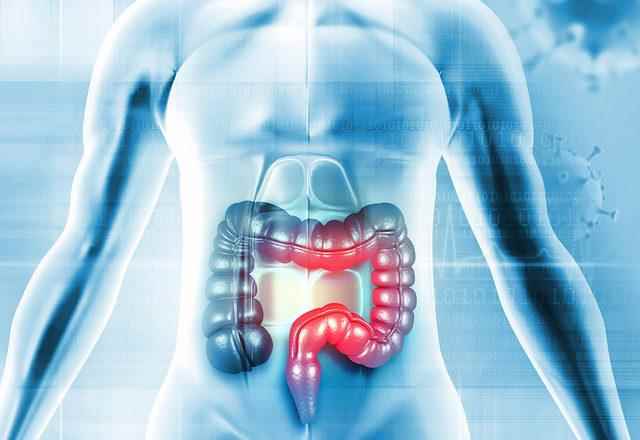There are many types of cancer. Colon and rectal cancer are also among these types of cancer. Especially in colorectal cancer, which is more likely to occur after the age of 40, it is of great importance to live healthy. General Surgery Specialist Prof. Dr. Serdar Yol said that the risk of colorectal cancer is higher in smokers. prof. Dr. Serdar Yol gave information about colorectal cancer. Stating that the large intestine, called the colon, is the organ that forms the last part of the digestive system, which is approximately 1.5-2 meters long, Prof. Dr. Serdar Yol said that the last 15-20 centimeters of this until the 13th is called the rectum. Stating that cancers that develop in the rectum are also called colorectal cancer, Prof. Dr. Serdar Yol said, “Colorectal cancers mostly develop from polyps in this region. The lifetime probability of developing colorectal cancer is 4.5 percent in men and 3.2 percent in women.
Constipation is one of the symptoms of colorectal cancer.
Making statements about the symptoms and risk group, Prof. Dr. “Colorectal cancer has many symptoms. These include new-onset constipation or frequent going to the toilet and not being able to fully relax, thinning of the stool, blood coming from the anus or bloody stool, anemia, abdominal pain, weakness and weight loss.
THOSE AT RISK OF COLOCRECTAL CANCER

prof. Dr. Serdar Yol explains who is at risk: “Polyps in the gut (especially adenomatous ones), those with a family history of colorectal cancer, those with inflammatory bowel disease (such as ulcerative colitis, Crolin’s disease), those with hereditary genetic disorders (such as familial polyposis syndrome), processed and animal products. Those who have vaccinated foods, low consumption of fruits and vegetables, smoking, and those who have breast, ovarian and cervical cancer in their family are in the risk group. he stated.
THE MOST IMPORTANT DIAGNOSTIC TOOL IS COLONOSCOPY

Drawing attention to diagnosis and treatment methods, Prof. Dr. Serdar Yol said, “For the diagnosis of this disease, fecal occult blood is checked and the most important diagnostic tool is colonoscopy. Genetic testing in CT and stool can be used. All patients with rectal bleeding should undergo colonoscopy starting from the age of 50 in those with no history of colorectal cancer in their first-degree relative, and 10 years before the age of onset in those with a history of colorectal cancer in a first-degree relative. Although the treatment in colorectal cancer is primarily thought to be surgery, combined treatment methods with chemotherapy and radiotherapy are applied, and treatment is planned according to the individual. Said.
